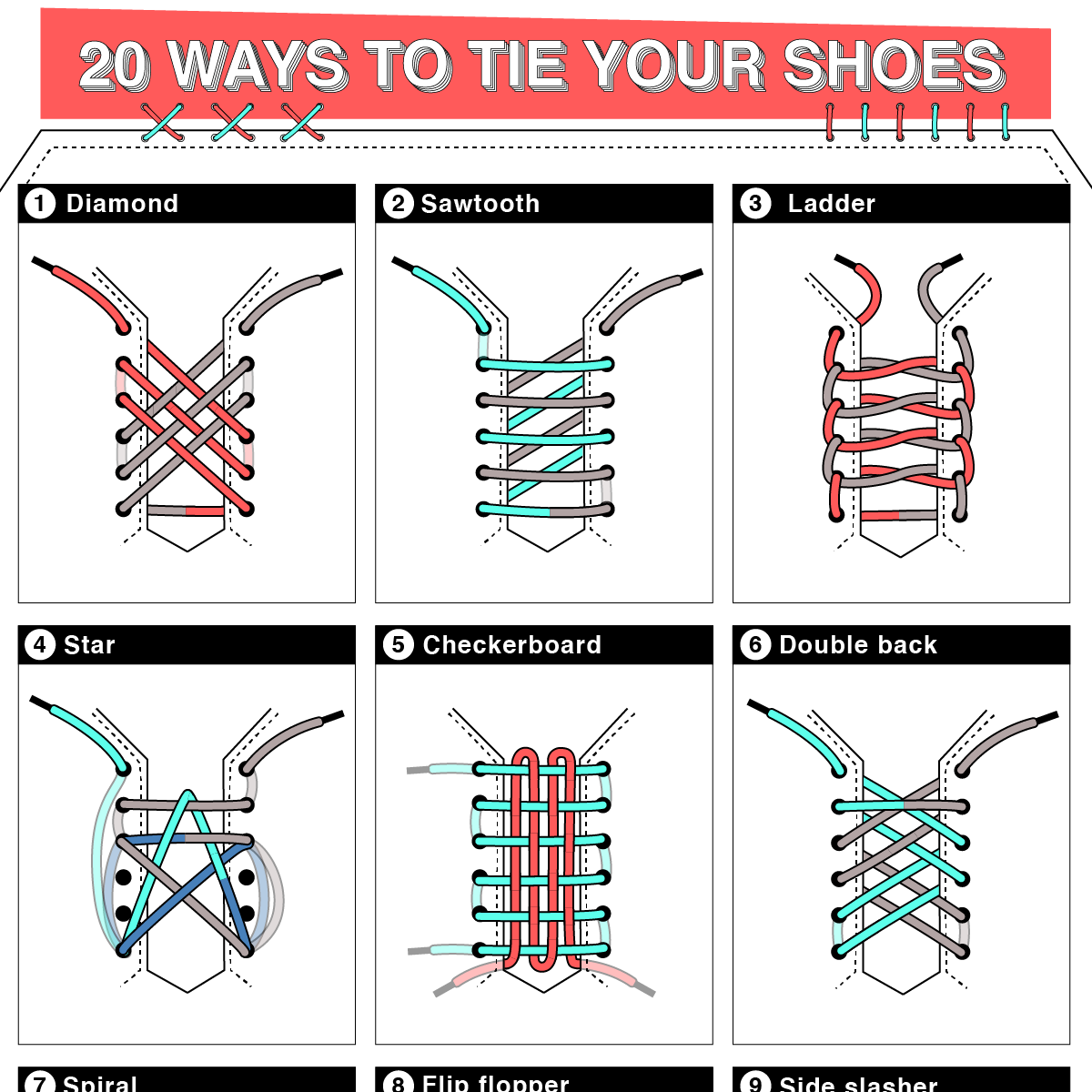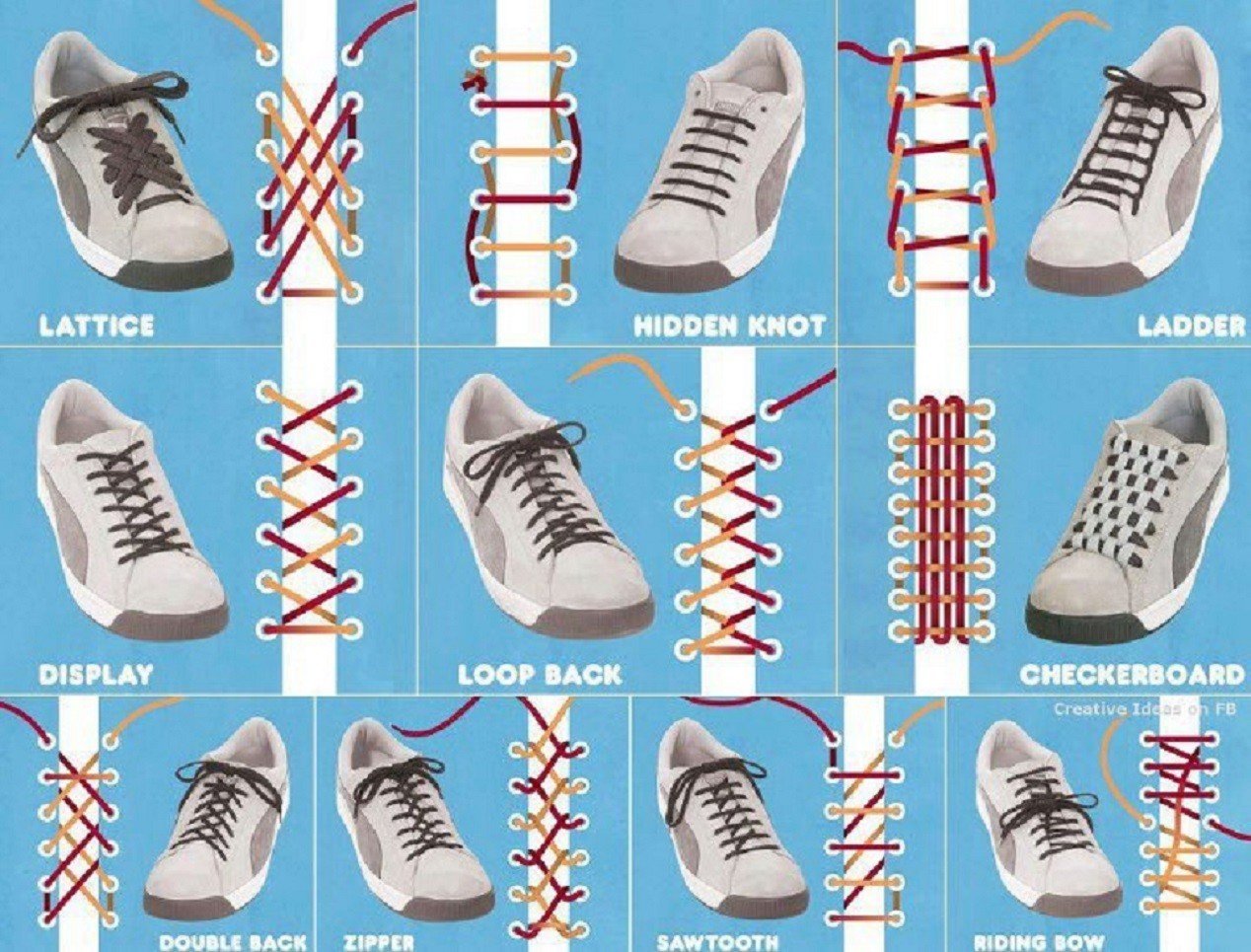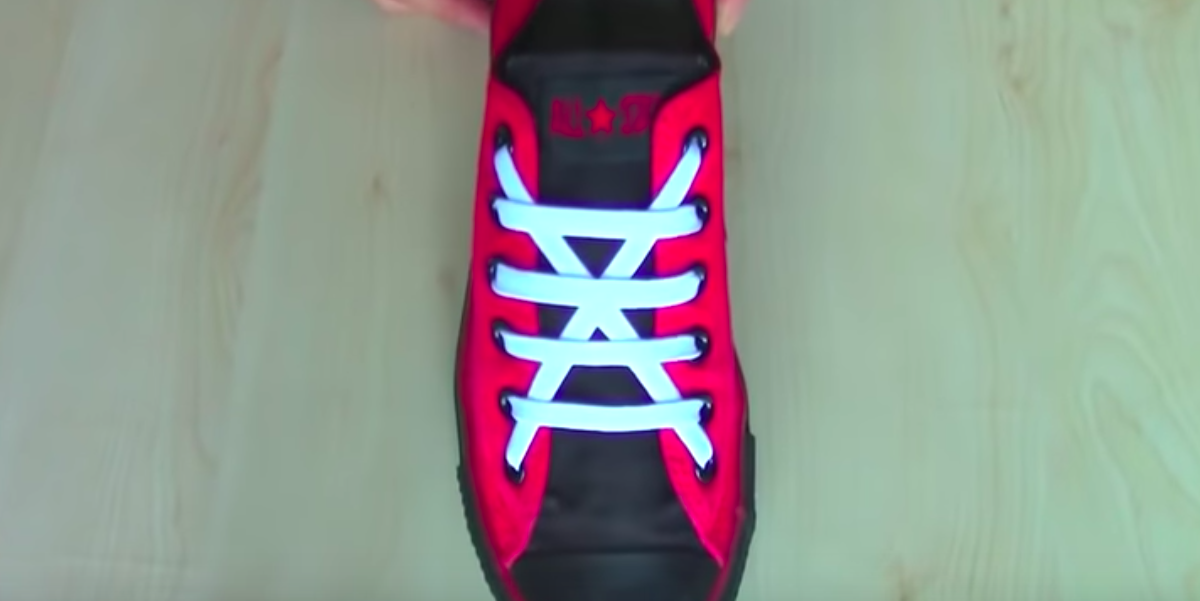Have you ever thought about how a simple change in your shoe lacing technique could transform your entire look? Shoe lacing isn’t just about functionality; it’s an extension of your style and personality. Whether you’re a sneakerhead, a professional athlete, or just someone who loves fashion, knowing cool ways to lace shoes can enhance your footwear experience and express your individuality.
Why Lacing Style Matters
Shoe lacing may seem trivial, but in reality, it plays a crucial role in comfort, support, and aesthetic appeal. A well-laced shoe not only provides stability but also adds a unique flair to your outfit. According to a study conducted by the National Institutes of Health, how you lace your shoes can impact your foot’s biomechanics, affecting everything from posture to athletic performance.
Real-World Footwear Experiences
Take Sarah, for example, a marathon runner who was struggling with ankle pain due to improper shoe lacing. After consulting with a sports podiatrist, she learned how to implement the “heel lock” technique. This not only alleviated her discomfort but also improved her overall performance. Stories like Sarah’s are common and highlight the importance of adequate lacing techniques.
Popular Lacing Techniques
There are countless ways to lace your shoes, but some techniques stand out for their style and functionality. Below, we’ll explore a few popular methods that are sure to turn heads.
The Criss-Cross Method
The criss-cross lacing technique is the most traditional and widely used method. Not only is it simple, but it also provides a secure fit. This method involves weaving the laces in an over-and-under pattern across the shoe’s eyelets.
Pros:
- Easy to learn and implement.
- Provides a secure and comfortable fit.
- Suitable for all types of shoes.

Cons:
- Can look basic for fashion-forward individuals.
The Ladder Lacing Technique
For those looking to make a statement, the ladder lacing technique adds a unique visual element. This style involves weaving the laces horizontally, resembling a ladder structure. It’s often used on high-top sneakers for a sporty look.

Pros:
- Visually appealing and unique.
- Offers additional support for high-top shoes.
Cons:
- Can be difficult to adjust for comfort.
- More time-consuming to lace and unlace.

An In-Depth Comparison of Lacing Techniques
| Lacing Technique | Difficulty Level | Style Factor | Comfort Level |
|---|---|---|---|
| Criss-Cross | Easy | Low | High |
| Ladder Lacing | Medium | High | Medium |
| Bar Lacing | Medium | Medium | High |
| Skipping Lacing | Easy | Low | Medium |
Tips for Effective Lacing
When trying out new lacing techniques, keep these tips in mind:
- Choose the Right Laces: Thicker laces work better for some techniques, while thin laces are better for style-focused methods.
- Consider Your Footwear: The type of shoe significantly influences how you should lace it. Casual sneakers may allow for more creativity compared to dress shoes.
- Practice Makes Perfect: Don’t be discouraged if it doesn’t look perfect right away. Lacing can take time to master!

Product Highlights: Best Lacing Systems
To aid in your lacing adventure, here are some innovative products designed to enhance your footwear experience:
Lock Laces
Lock Laces are elastic laces that allow you to slip your shoes on and off without untying. Perfect for athletes and busy individuals!

Flat Laces
Flat laces are great for reducing pressure points and offer a stylish finish. They come in various colors, allowing for personalization.
Frequently Asked Questions (FAQs)

1. What are the coolest ways to lace shoes?
The coolest ways include ladder lacing, bar lacing, and the zig-zag method. Each offers a unique look and fit.
2. How can I make my shoe lacing more secure?
Try using the heel lock technique, where you lace the last two eyelets in a way that secures the heel firmly.

3. Are there styles of lacing for dress shoes?
Yes, styles like the straight bar lacing are ideal for dress shoes as they give a clean and polished look.
4. Can lacing techniques help with foot problems?
Yes! Certain techniques can alleviate pressure on specific areas of your foot, potentially reducing pain and discomfort.
5. How often should I change my laces?
It’s a good idea to change laces when they become frayed or worn. Also, consider switching them out for style variation.
6. What type of laces work best for athletic shoes?
Elastic laces, like Lock Laces, or flat laces are often preferred as they provide a snug fit and allow for easy adjustments.
7. How do I choose the right lacing method for my shoe type?
Consider the shoe’s design, the activity you’ll be doing, and your personal aesthetic preferences when choosing a lacing method.
8. Are there any creative lacing patterns for kids’ shoes?
Absolutely! Fun patterns like the bunny ears or even colorful skipping lacing can make kids’ shoes more exciting.
9. Where can I learn more about advanced lacing techniques?
Online tutorials, YouTube videos, and shoe fashion blogs are great resources for learning advanced techniques.
Conclusion
Lacing your shoes might appear as a mundane task, but with a little creativity and experimentation, it can turn into a fun and expressive activity. Cool ways to lace your shoes can not only elevate your style but also provide comfort and support. So, whether you’re training for a marathon or heading out for a casual day, remember that how you lace your shoes can make all the difference. Happy lacing!